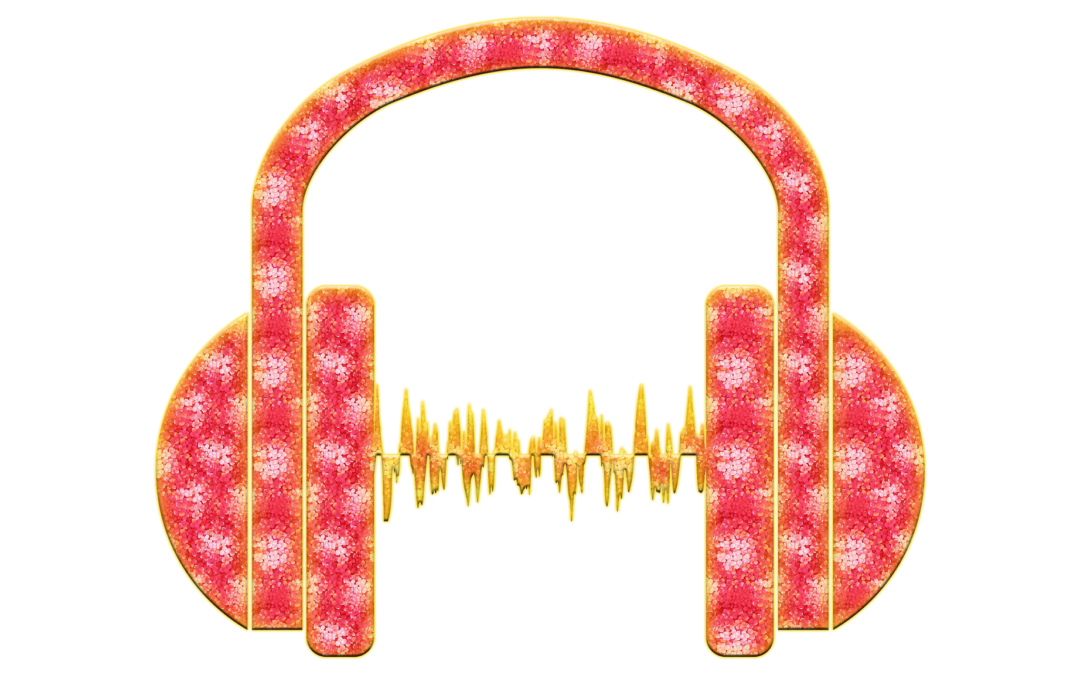If Dissociation is a disconnection between surroundings, one’s thoughts, memories, or actions then it is familiar to all of us. I remember seeing Jaws (Spielberg) for the first time. At the end of it, my date was unable to stand up for a while. He had been so wrapped up in the story, the terror, that he had to take a few minutes to re-engage with his surroundings to get his body to cooperate. I enjoy the Ladies No. 1 Detective Agency (McCall-Smith) series for its ability to transport me into the company of Precious Ramotswe and the unique beauty of Botswana. That ability for literature or film to transport us mentally, imaginatively, is a mild, adaptive form of dissociation. When you are driving or bored sitting in traffic and your mind drifts to your shopping list or the busy day ahead of you, you are engaged in a type of dissociation. In these ways, dissociation serves us and doesn’t present a problem unless we miss that the light has changed and get honked at to move along.
But when our early lives are marked by trauma, dissociation can be employed to serve us in a deeper, often less than benign way. When memories or even physical sensations of trauma are too painful to endure, our brains often find a way to protect us from them. Though not very neurologically accurate, I imagine a force field erected around the sensation or memory of the event. Very little coherent information is then accessible about the memory. Unfortunately, what it takes to install this force field can require some pretty dysfunctional steps.
We hope that the early life of a child provides them with the security they will need to fully participate in the broader world as emotionally healthy, cooperative, and confident adults. Unfortunately, all children aren’t provided with a caretaker able to deliver the comfort necessary to promote these qualities. When that comfort is missing because the caretaker is distracted by their own addiction, domestic violence, or mental illness, the child is denied the experience that teaches them to trust others and themselves and, instead, to see the world as a source of threat rather than comfort and satisfaction. Key to this is that relationships with others are not gratifying, but are at best empty and, at worst, scary or anxiety producing.
When relationships are not available to bring the experience of reward to the human brain, it will find a source of reward elsewhere. So, when friends, teachers and parents are not seen as sources of reassurance what does one do? Where to turn for that head-rush that comes with being in the company of someone you know loves you? Dissociation, in the form of fantasy, fits the bill perfectly. Just like you enjoy a good movie or book at the end of a stressful day, some children with trauma histories, employ dissociative strategies to escape the pain of those horrible memories.
It’s pretty clear, that in today’s plugged in-world the Internet offers a multitude of solutions. According to the Substance Abuse and Mental Health Services Administration (SAMHSA), sex, gambling, and the Internet are recognized as the most prevalent behavioral addictions in the U.S., quickly followed by video games and over-eating. Notice the magic combination of sex and the Internet, and it is easy to see how a teen with a trauma history, someone with no satisfying close relationships, might turn to Internet pornography or become the victim of a grooming pedophile during adolescence when fertility hormones are kicking in with all the associated thoughts and urges in play. When emotional and physical intimacy are terrifying, the fantasy world of the Internet is a perfect dissociative source of gratification where no one says no, no one tells you you are ugly, and the rewards are absurdly never-ending unless someone walks in on you.
Until a sense of safety and regulation is restored, the value of such dissociative addiction will not be replaced in the person’s repertoire of self-protective strategies; there is just too much at stake. I offer this to encourage empathy for these kids. They are doing their best with puny skill sets. I hope you can find a way to continue to care in spite of behavior you might find revolting. I also hope you monitor their use of the Internet VERY closely. Please seek professional help whenever you encounter such behaviors.
NEWS
- AZAFAP is looking for experienced parents to act as Mentors to folks new to adoption, foster and kinship care. Reach out to Michelle at michelle.d@azafap.org if you think you have something to offer others.
- Check out the AZAFAP Event Calendar at https://azafap.gnosishosting.net/Events/Calendar.
- Our Friday night Happy Hour and Tuesday afternoon Coffee Chat continue. Some find us and a single other participant; others find a conversation among 4 to 6 people. The topics range from the silly to what hobbies have us in their grip to what life has thrown in our path. If you ever find yourself wanting a bit of grown-up conversation, consider joining us (check your email for the unchanging link).
- Registration is also open for our regional Circles of Supportive Families. Reach out to find another parent who understands. Registration Links are on the calendar at https://azafap.gnosishosting.net/Events/Calendar
- I encourage you to check out what Dr. Bruce Perry has to offer. Find his thoughts at https://www.neurosequential.com/covid-19-resources
Thanks for listening. Take care of yourself so you can take care of others.
Cathy


Recent Comments